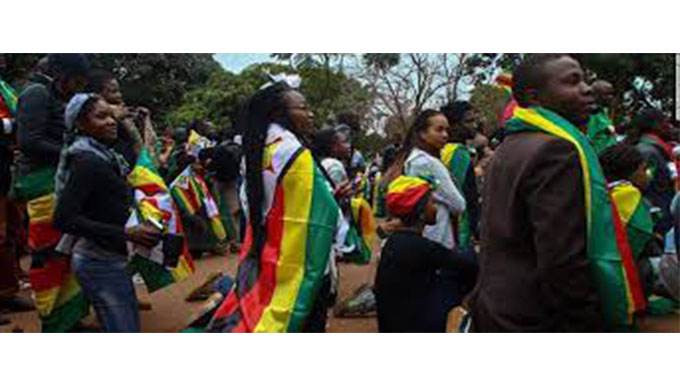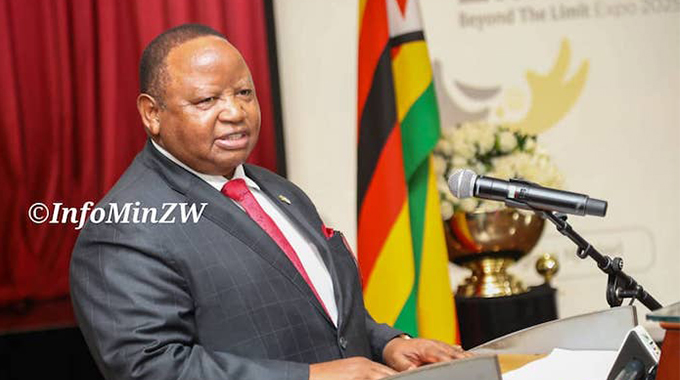The government creating funds to help curb human-wildlife conflict

Michael Magoronga, Midlands Correspondent
THE Government is in the process of establishing a fund that will help sponsor projects to curb cases of human wildlife conflict countrywide.
This comes amid an increase in human casualties as a result of clashes between people and wildlife.
In 2022, 66 people died as a result of the conflicts as humans encroached into wildlife areas for various reasons or as animals ventured into human dwellings.
The conflict is largely attributed to the ever-growing human and wildlife population.
In an interview on the sidelines of a clean-up campaign in Redcliff recently, Permanent Secretary in the Ministry of Environment, Climate, Tourism and Hospitality Industry, Ambassador Raphael Faranisi said president Emmerson Mnangagwa ordered his ministry to come up with measures to address the situation, hence the creation of the fund.
“Cases of human-wildlife conflict have been on the increase and President Mnangagwa directed our ministry to come up with some measures. We, therefore, crafted a paper that was tabled by our minister before cabinet and has since been approved,” said Ambassador Faranisi.
He said although the seed fund will come from the Government, ways will be formulated to sustain the fund.
According to the permanent secretary, the fund will be used to support affected families as well as come up with programs that help reduce the mortality rate caused by the clashes.
“The fund will be used to assist the families who would have lost their loved ones as we cannot turn a blind eye to the remaining family members after such tragedies. More importantly, it will go a long way in funding programs to educate communities on how to coexist with wildlife and to facilitate programs that ensure that no more humans continue to encroach into wildlife zones and so forth,” said Ambassador Faranisi.
He said girls and women who usually embark on household chores are usually at the mercy of wildlife as they go about their day-to-day duties.
“We, therefore, need to ensure that our women and girls are safe by drilling boreholes at safe zones so they avoid traveling long distances to fetch water, where they end up colliding with wildlife,” he said.
Amb Faranisi said resources will also be channeled towards the formation of plantations for firewood and solar energy to avoid the rampant cutting down of trees which may also result in conflicts.
“This means we will be channeling more towards renewable energy sources like solar power. This will also go a long way in curbing the effects of climate change as we try to curb the effects of extreme weather patterns and human-wildlife conflicts at the same time,” he said.
As the Zimbabwean human population continues to grow, people encroach into wildlife zones for farming and shelter, leading to conflicts.
The effects of climate change are also exacerbating the situation as humans and wildlife tend to share water bodies in some instances.
Zimbabwe has more than 100 000 elephants against a carrying capacity of about 45 000












Comments